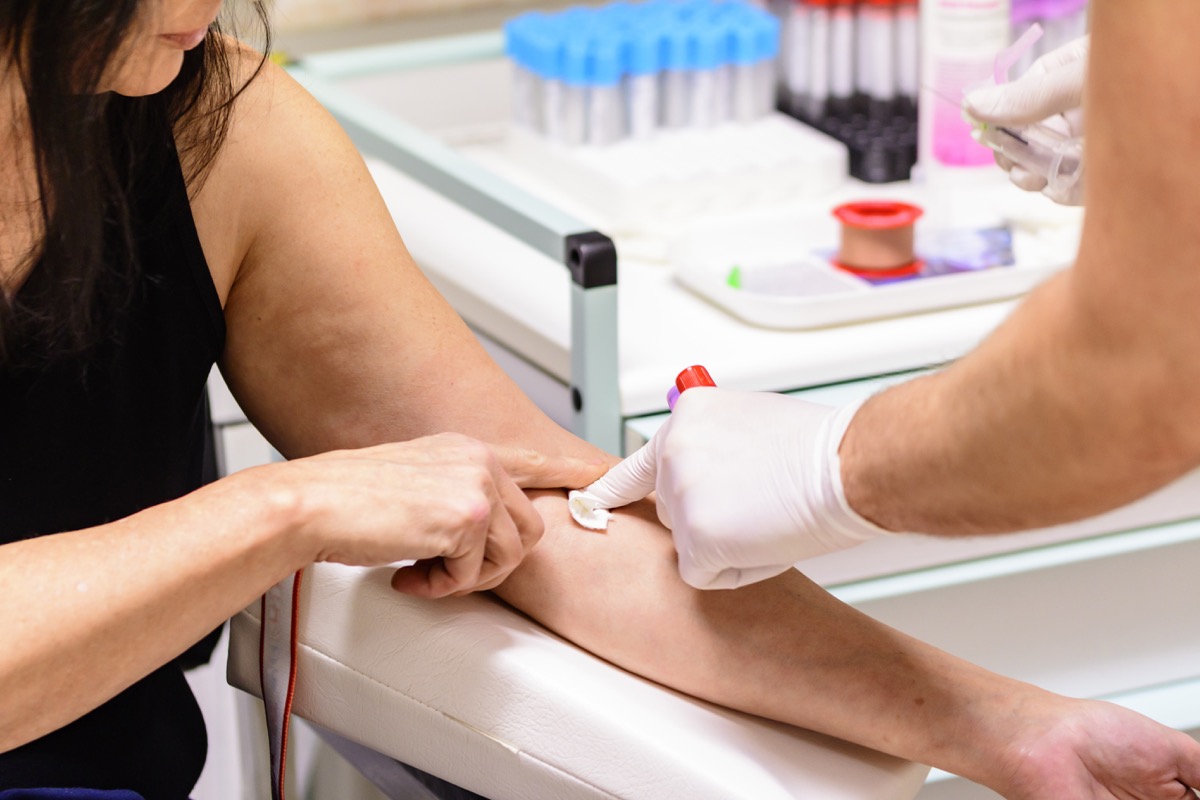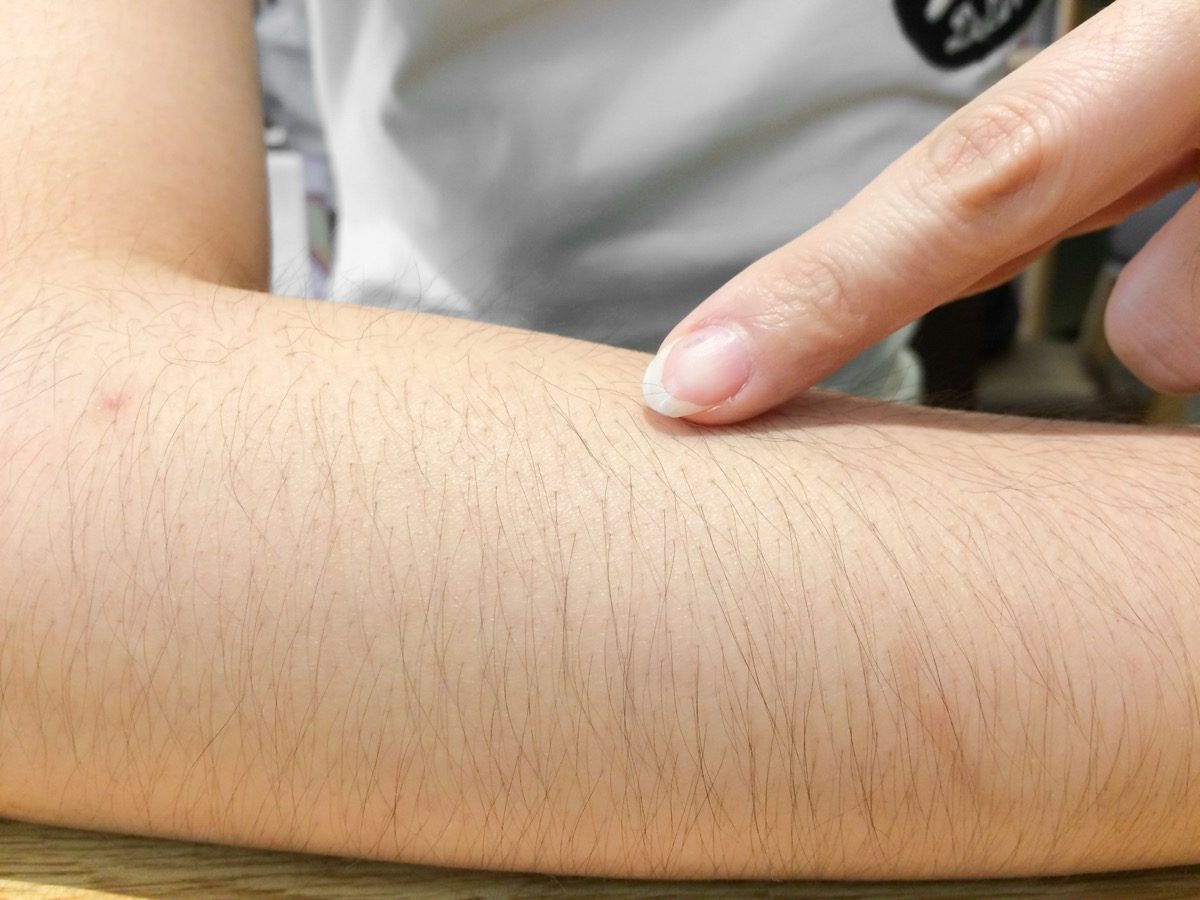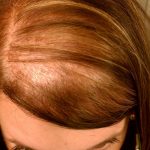Diagnosis and Treatment
If you suspect you have hirsutism or a related condition, schedule an appointment with your physician as soon as you can. Your doctor will send you for some tests, including blood tests that will measure the amount of hormones present, including testosterone and other androgens. If elevated levels of male sex hormones are found, you may be diagnosed with hirsutism, particularly if the symptoms of virilization are present.

Following the blood tests, your doctor may also ask you to get an ultrasound or CT scan to check your adrenal glands and ovaries for cysts and tumors.
In the event you are diagnosed with hirsutism or a condition that causes the condition, you will have a few treatment options. Treating hirsutism is often a combination of lifestyle changes and treating the underlying cause of the condition. Self-care modalities and therapies are also available to you.
More from Things Health
-
Female Hair Loss
Loss of hair might be a very alarming experience for anybody, male or female, but for females the issue might be even more traumatic as…
-
Vitamin Deficiencies And Hair Loss
Now this is a typical question that's typically asked by people who're searching for a few simple and cheap ways to eventually put a finish…
-
The Rarest Medical Conditions in the World
Having a disease that is more rare does not necessarily mean that it is associated with more severe symptoms, even though this is often how…
-
Common Causes of Pelvic Pain in Women
There is pain. Then there is chronic pain. One kind affects women around the world and is characterized by a persistent pain in the pelvic…
-
10 Early Signs of Lupus
Lupus is categorized as an autoimmune disease wherein the immune system turns upon itself and attacks various parts of its body, including the joints, the…






